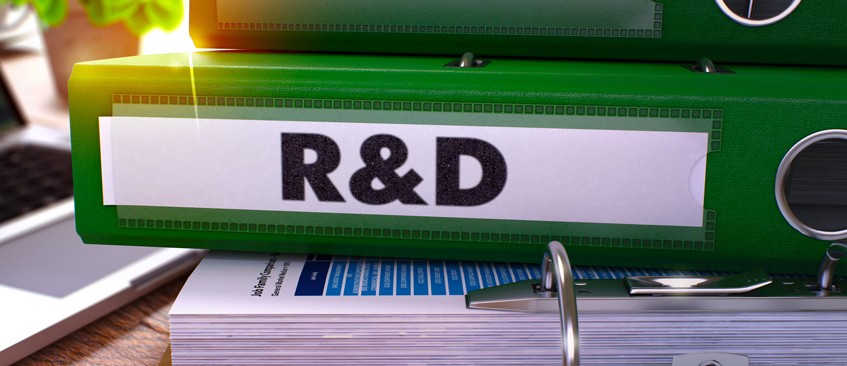There’s no denying that any sort of tax investigation can send shockwaves through a business. Companies that apply for R and D tax credits without the necessary supporting information are at risk of arousing the suspicions of HMRC, which is why following procedures and accurate record-keeping are so important. Nevertheless, there are certain instances in which you could find yourself the subject of an HMRC R&D tax enquiry. Here, we outline those and explore how you can deal with an enquiry, should it arise.

Why might your claim be investigated?
The chances of your claim being reviewed are more significant if you’re a first-time claimant attempting to claw back sizeable sums of money. HMRC may open an enquiry if they are not happy with the documentation that you supply, whether that be the cost breakdown or the accompanying report.
A full breakdown of where money has been spent in relation to the R&D project should be provided, alongside information about how the project has made an improvement in science or technology. This is particularly important if your project has been ongoing for a couple of years, as you will need to justify the continued work and expense claims.
Other reasons you might be investigated for an HMRC R and D claim include using ‘connected’ companies to carry out R&D on a sub-contracted basis, even if the relationship is entirely genuine; poor-quality methodology when performing cost calculations; and claims that all – or the vast majority – of your staff are involved in R&D.
How to handle an enquiry
Getting to grips with R&D and making claims for the tax relief can be a minefield, and it can be all too easy to make a mistake which results in an HMRC enquiry. However, there are things you can do should an investigation be initiated. Enlisting the services of an R&D tax specialist can help you to identify any errors in your calculations, as well as enabling you to determine whether you can defend your claim.
May tax professionals will be happy to take a defendable case even if they haven’t worked with the company before or produced the original tax return. By using an independent service with staff who understand the complexities of R&D claims, you can be sure of defending your claim successfully.
Attempting to outwit HMRC by covering up an error is futile and can cause serious problems for your company. Should a mistake have been made in the original claim, it’s best to voluntarily notify HMRC of the error and provide a corrected claim. This will work in your favour when any penalties are being considered.
Find an HMRC R&D tax specialist
The best advice, of course, is to employ an R&D specialist at the outset to reduce the chance of a mistake. For help and guidance with your R&D tax claim, contact R&D Tax Solutions on 0161 298 1010. Based in Manchester, we have extensive experience with tax claims and enquiries.







